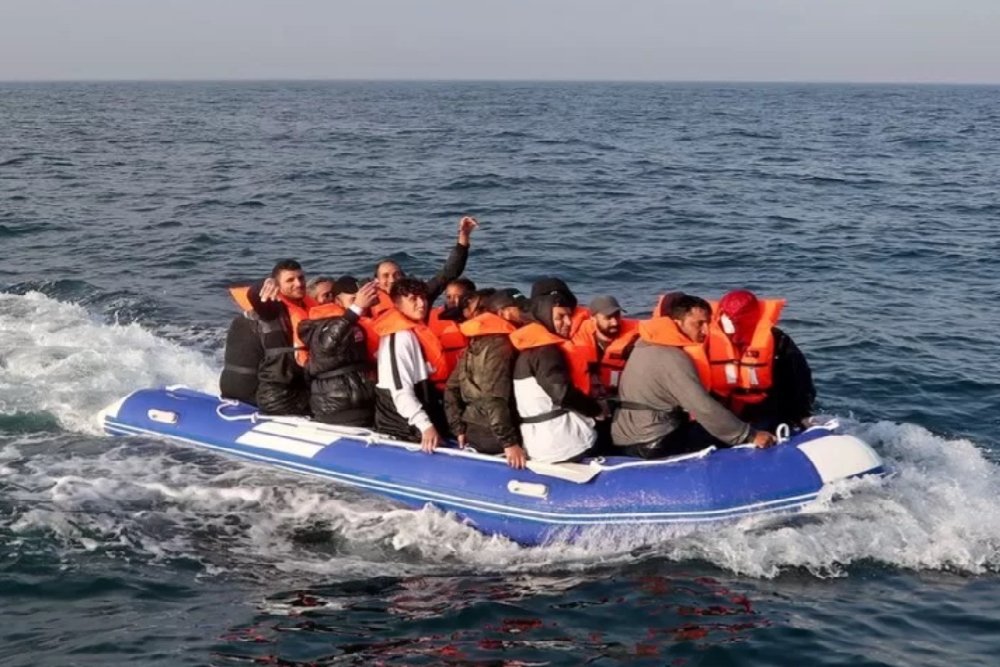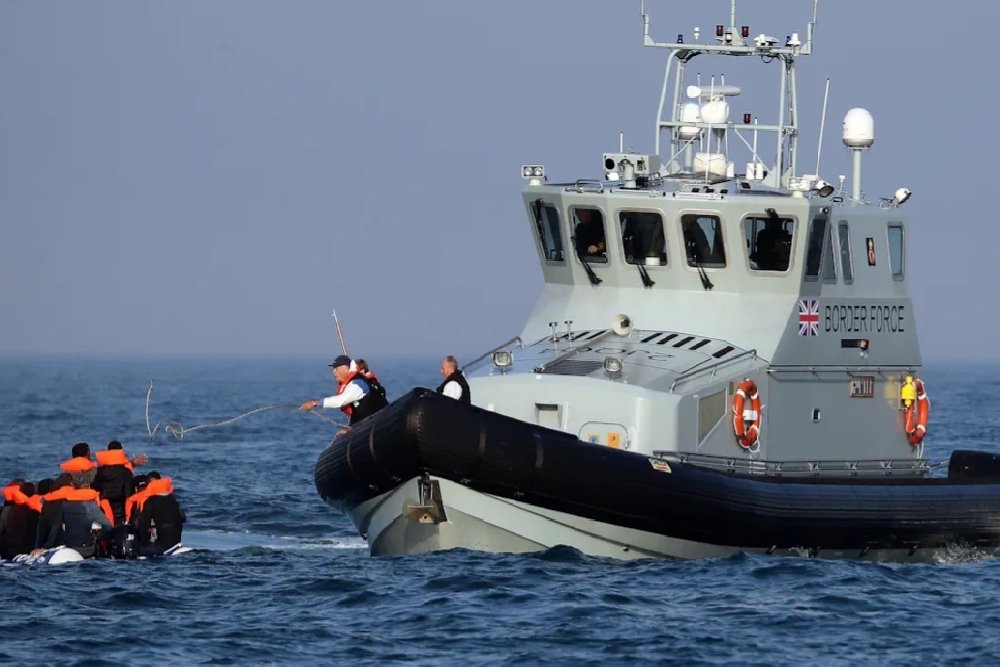Why are people concerned about refugees seeking asylum on our shores? What are the origins of these refugees, and what drives them to leave their home countries? Why has the government struggled to prevent their arrival? This blog aims to address these questions and shed light on the current scenario.
Recent UK news has been dominated by efforts to control the surge of asylum seekers, with the flagship policy of the Tories being the "stop the boat” initiative in Sunak's five-point plan. This blog explores the significance of immigration control, especially in light of the Supreme Court ruling in November 2023, declaring the deportation of asylum seekers to Rwanda unlawful. Sunak's subsequent Safety of Rwanda Asylum and Immigration Bill claims to have closed loopholes in the process.
Reflecting on the past, small boat crossings brought around 53,000 people to UK shores in the year ending June 2023, marking a 17% increase from the previous year. The Tory government's response was the passing of the 'Illegal Migration Bill' on 20/07/203, giving the home secretary the legal duty to detain those entering the UK illegally. The current asylum system costs the UK approximately £3 billion annually, with daily expenses of around £7 million on hotel bills.
The origin of refugees arriving in dinghies is primarily from countries like France, Albania, Afghanistan, Iran, Iraq, Syria, Sudan, Turkey, and Egypt. Surprisingly, even individuals from India, a democratic country with a higher GDP and military power than the UK, seek asylum. The UNHCR is puzzled by the motivations behind Indians leaving for a country with a relatively lower GDP. Repatriation of Indian refugees underscores the need for investment in citizens' welfare and infrastructure.
The perilous journeys across the English Channel and Mediterranean Sea have resulted in numerous casualties. In 2022 alone, an estimated 2,062 migrants died crossing the Mediterranean. The emergence of dinghies as a common mode of arrival began a few years ago, replacing previous methods involving car boots or trucks.
The complexity of migrants violating borders is a global issue, prompting even European Union countries to implement stringent measures. The European Commission reports a significant increase in asylum applications, reaching 924,000, three times the number in 2016. Border security is a paramount concern for any nation, and the ease with which some refugees breach borders is a disgrace.
Illegal
immigrants often destroy travel documents, complicating the screening
process. Many are suspected criminals, and the National Crime Agency
reveals that migrants pay smuggling gangs up to £13,500 per person for
the journey. The practice of claiming asylum through dinghy arrivals is
morally and socially unfair. It undermines those who follow lawful
channels, queuing at embassies and high commissions. These migrants,
often young and fit male, could contribute to building their own countries or
challenging despotic regimes.
The
influx of people strains public services in host countries, affecting
healthcare, education, utilities, and housing. Unaccounted individuals
disrupt planning and alter demography, impacting job markets, tax
evasion, and contributing to modern-day slavery, money laundering and
immoral trafficking. The combined legal and illegal immigration in the
UK changes society’s fabric and demography, equivalent to the population
of Newcastle annually.
The
history of asylum seekers in the UK includes various proposals and
attempts to address the issue, such as Tony Blair’s consideration of
sending asylum seekers to the Isle of Mull 20 years ago. The recent
Rwanda asylum plan, although facing legal challenges, reflects the
government's determination to address the issue through legislative
means, aiming for implementation by spring 2024.
Examining
the relevance of human rights in the context of illegal immigrants
claiming asylum, the Universal Declaration of Human Rights and the 1951
UN Refugee Convention provide protection against persecution. However,
the obligation to claim asylum in the first country entered means the
UK, as an island, is not obligated to accept asylum claimants from those
arriving from European countries.
Despite
sympathy from certain groups, including liberals, towards asylum
seekers, there is criticism of government policies, such as housing
asylum seekers in unconventional places like barges in Portland Port.
The significant daily expenditure on hotel accommodation for asylum
seekers contrasts with the economic challenges faced by the UK. Tory
government known for its tax cutting policy now is increasing it owing
to the burden. The Labour Party pledges to revoke the Rwanda policy if
they win the next election.
For
the security and integrity of a country, border violations should not
be tolerated. Implementing a strong deterrent and processing asylum
claims in a third-world country could be a viable deterrent solution,
discouraging individuals from engaging human traffickers and risking
their lives in dangerous journeys.
------------------------------------------


Comment Form